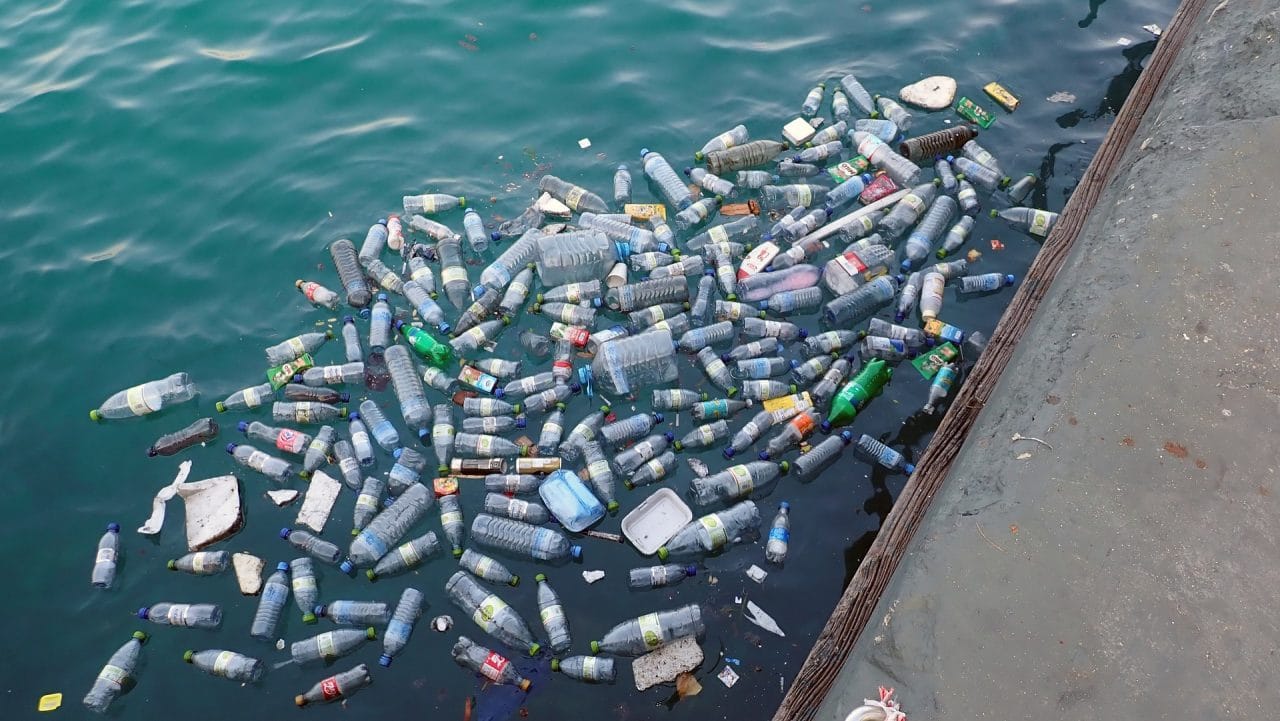New research has found that 220 million tonnes of plastic waste are set to be generated in 2024, adding to the almost ten percent (7.11%) rise in plastic waste since 2021.
The latest study by EA Earth Action, released today, found that over one third of plastic waste will be mismanaged at the end of its life – this amounts to a substantial 68.6 million tonnes of plastic, with a global average of 28kg of plastic waste per person.
The report also announces this year’s Plastic Overshoot Day – which marks the point when the amount of plastic waste generated exceeds the world’s capacity to manage it. Each country has its own Plastic Overshoot Day determined by the amount of plastic waste generated and the country’s capacity to manage it. This year, the global Plastic Overshoot Day lands of 5th September 2024.
The EA Earth Action report comes ahead of UN negotiations in Ottawa for a Global Plastics and identifies 117 days of plastic overshoot, meaning the plastic waste produced during these days will fall short of optimal standards in plastic waste management.
Notably, just 12 countries bear the brunt of 60 percent of the world’s mismanaged plastic waste, highlighting the unequal distribution of responsibility, the top 5 being China, USA, India, Brazil and Mexico.
EA Earth Action underscores a critical misconception: the notion that recycling alone can resolve the plastics crisis is fundamentally flawed, as any improvements in waste management capacity are outpaced by rising plastic production. With nearly half of the world’s population residing in areas where plastic waste exceeds management capacity, the pressure mounts on developing nations already grappling with resource constraints. The organisations believes that the global community must acknowledge the shared responsibility in this crisis, with both public and private sectors playing distinctive roles in tackling the issue.
To address the plastic waste problem, EA Earth Action advocates for tailored strategies, ranging from reducing plastic consumption to implementing robust waste management policies and enhancing local waste management infrastructure.
Sarah Perreard, Co-CEO, at EA Earth Action & Plastic Footprint Network said: “The findings are unequivocal; improvements in waste management capacity are outpaced by rising plastic production, making progress almost invisible. The assumption that recycling and waste management capacity will solve the plastics crisis is flawed.”
“The 2024 Plastic Overshoot Day report can serve both as a testament to our current trajectory and as a blueprint for necessary action. The decisions made today will echo through ecosystems and economies for generations. Ahead of UN Plastic Treaty negotiations in Ottawa, we call for a steadfast pursuit of science-driven, robust global policy that matches the scale of the plastic pollution problem. Let 2024 be the year we pivot to a trajectory that embraces reduction, ensuring the legacy we leave is not one buried in plastic.”
For more information visit: https://plasticovershoot.earth/report-2024/





